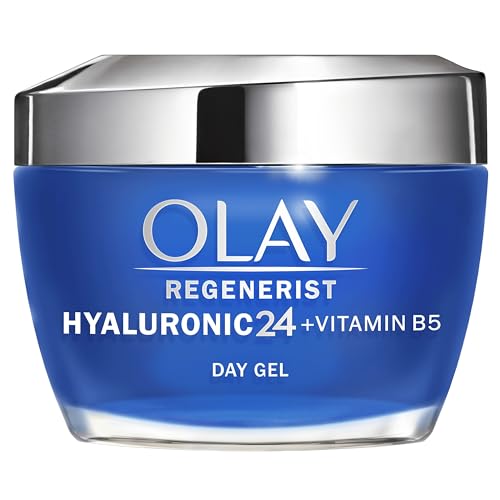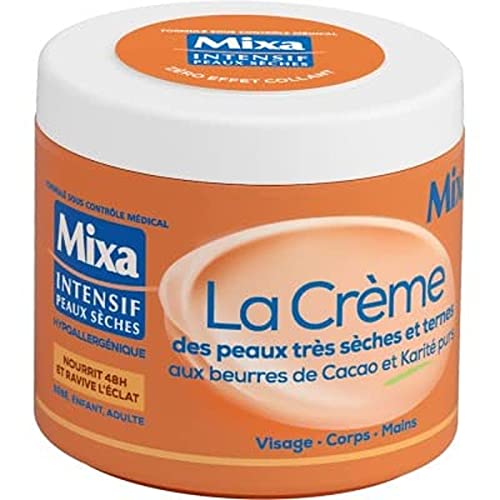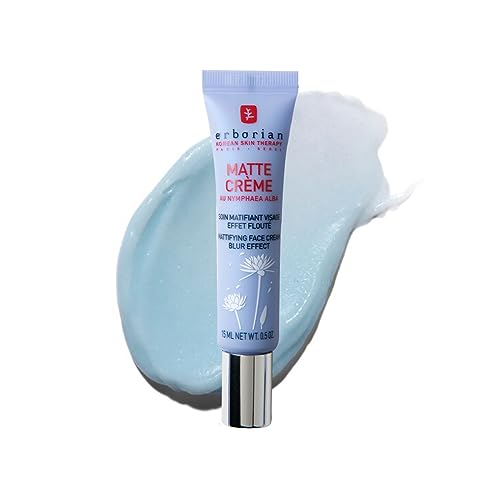Understanding Hyaluronic Acid: A Key Ingredient for Hydration
What is Hyaluronic Acid?
Hyaluronic Acid (HA) is a naturally occurring substance in our skin that retains moisture, keeping it plump and hydrated. Imagine a sponge that holds water; this is what HA does for our skin, making it softer and more youthful in appearance. As we age, our body’s natural levels of HA decrease, leading to dryness and loss of elasticity, but these creams can help restore some of that lost moisture.
Why is it Important for Your Skin?
When we think about skin hydration, we often focus on surface moisture. However, HA works deeper by drawing moisture from the environment and locking it into our skin. This not only helps to reduce the appearance of fine lines and wrinkles but also improves overall skin texture. Picture walking into a room with dry air versus a humid environment; your skin reacts similarly, thriving on the right moisture levels.
Choosing the Right Hyaluronic Acid Cream for Your Skin Type
Identifying Your Skin Type
Before choosing a HA cream, it’s essential to know whether your skin is oily, dry, combination, or sensitive. Oily skin might benefit from a lighter gel formula, while dry skin typically needs a richer cream to provide adequate hydration. Think of your skin type as a preference guide that will help you select a product that complements your natural needs.
What to Look for in a Cream
Look for products with varying molecular weights of hyaluronic acid. Some formulas contain both high and low molecular weight HA, allowing the product to hydrate the skin on different levels. Moreover, if your skin is sensitive, opt for creams that are free from harsh fragrances and unnecessary additives. A good rule of thumb is to check the ingredients list; the shorter and more natural, the better.
How to Incorporate Hyaluronic Acid Cream into Your Skincare Routine
Best Application Practices
To reap the maximum benefits, apply your HA cream onto damp skin. After cleansing, lightly towel dry your face, leaving it slightly moist. This simple step allows the hyaluronic acid to attract and hold onto the moisture on your skin. Think of it as sealing in the benefits of your routine right after washing.
Timing is Key
Incorporating HA into your routine can enhance the effect of other products, particularly if used before heavier moisturisers. Use it after serums and before you apply any creams or oils. It’s straightforward: apply your HA cream first, then layer on any heavier products so that your skin absorbs the most hydration possible.
Top Recommendations for Hyaluronic Acid Creams You Can Trust
What Makes a Product Reliable?
When selecting a HA cream, consider brands that are known for their commitment to quality ingredients. Look for products that are dermatologist-tested and provide transparency about where their ingredients come from. This builds our confidence in the effectiveness of the cream we’re applying. We suggest trying a few different products to see which fits best with your skin.
Our Suggestions
While specific brands may vary, choose creams that have solid reviews regarding effectiveness. Products containing added antioxidants, like vitamin C, can boost the hydrating benefits of hyaluronic acid. For a targeted approach, consider options that focus on your skin’s unique challenges, such as redness or dullness.
Maximising Benefits: Tips for Using Hyaluronic Acid Cream Effectively
Layering Your Skincare
To maximise hydration, consider layering your HA cream beneath an occlusive moisturiser. This technique helps to lock in the moisture that hyaluronic acid has drawn into your skin. It’s like building a protective barrier while allowing your skin to breathe and remain hydrated throughout the day.
Regular Use is Key
Consistency is crucial when using hyaluronic acid. Incorporate it into your daily skincare regimen both morning and night to see significant improvement over time. Remember, hydration is not just a one-time event; it’s a lifestyle choice that will lead to lasting benefits for your skin.
























